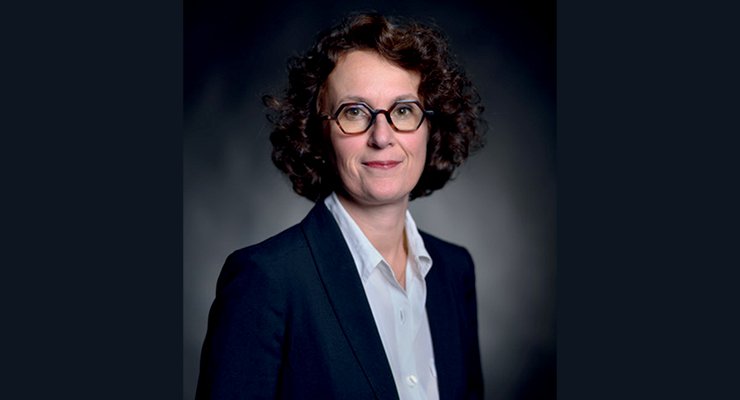
« Une vie professionnelle, ça se construit pas à pas »

Agir sur le monde en changeant le regard sur l’innovation

Design sonore made in UTC sur Radio France
French Government initiated its scheme for “competitivity poles” 2004, these being networks or clusters of innovation actors (enterprises, research centres and training establishments) on a given theme and with a specific location (area). The overarching objective is to reinforce the competitivity level of the French economy, to stimulate job creation on strong markets. UTC is strongly involved in animating 2 of the world-class poles – Industries and Agro-Resources (IAR) and i‑Trans and likewise in the setting up and participation in various projects coming out of the UTC research units and labs.
The competitivity pole Industries and agro-resources (IAR), with two Regional locations (Picardie and Champagne-Ardenne) was set up in 2005 with the concept of plant refining (for a demonstrator bio-refinery). Just like oil, plants contain a huge variety of molecules that can be refined. Each plant component can extracted, functionalized to produce for example energy (heat, fuels …), new materials (for the building sector, for packaging), refined molecules (for chemistry, cosmetics, paint …) and active additive and ingredients for the agro-food industrial sectors.
With sustainable development as the objective, the IAR pole intends to meet societal demands in terms of renewable matter and raw materials and processes that preserve the environment better and help the fight against climate change (global warming), bearing in mind consumer health and security. The richness of the pole relates to the large variety of the actors: enterprises (SMEs and major industrial Groups), the agricultural co-operatives, 20–25 research and training establishments.
UTC works in close collaboration with the IAR pole ever since it was set up. Training is a key concern for the pole, to the extent that the industrialists who are developing new products and processes in the framework of the IAR pole's activities are also keen to recruit trained personnel, who are familiar with including biomass in processes that help preserve the environment.
Engineer training in biology and associate specialties enables the students to tackle the full range of life sciences to exploit them in promising industrial applications and also to assemble the equipment needed for the biotechnological, pharmaceutical, cosmetic agro-food sector and medical processes. Training in process engineering enables students to tackle a wide range of biomass industrial processes, to separate energy producing components or other useful compounds. Stress is laid on optimized and innovative processes that preserve the environment in compliance with the principles of green chemistry.UTC laboratories actively participate in various R&D projects underway at the IAR pole. The wide range of skills of the UTC research scientists allows them to work with complete plants up to the point of using them industrially, with extraction of specific molecules using innovative processes and their incorporation in new products.
Faced with the importance of coming challenges in the area of increased transportation needs and modes, a number of research scientists were grouped together at i-Trans – a world-class pole of competitivity focusing on the development of innovative projects for tomorrow's transportation systems.
The prime mover of i-Trans, 'Transports Terrestres Promotion Northern France' – has brought together the finest proponents and actors of railroad and other land transport systems present in North France (the departments of Nord-Pas-de-Calais and Picardie Regions). The i-Trans wished to be a forerunner facing the challenges of international competition in the context of higher levels of freight and passenger travel.
The i-Trans pole entertains the ambition to build up the first European pole with a worldwide recognition for "the design, building, competitive operation and maintenance of innovative transport services and systems in terms of marled share, innovation, growth and attractiveness". Its area of influence and action cover North France, the two Regions Nord-Pas-de-Calais and Picardie, which are already reputed for their scientific and industrial skills in these domains.
The designated areas for action of the i‑Trans pole focus on 5 targets:
The 'innovation' challenges are numerous:
Several industrial sectors are involves here: the railroads, automobile industries, seagoing, canal and river transportation and logistics. To date i-Trans has qualified some 224 projects – 126 considered innovative and 16 as 'structuring', with over 540 actors representing a global budget of more than 1 billion euros.